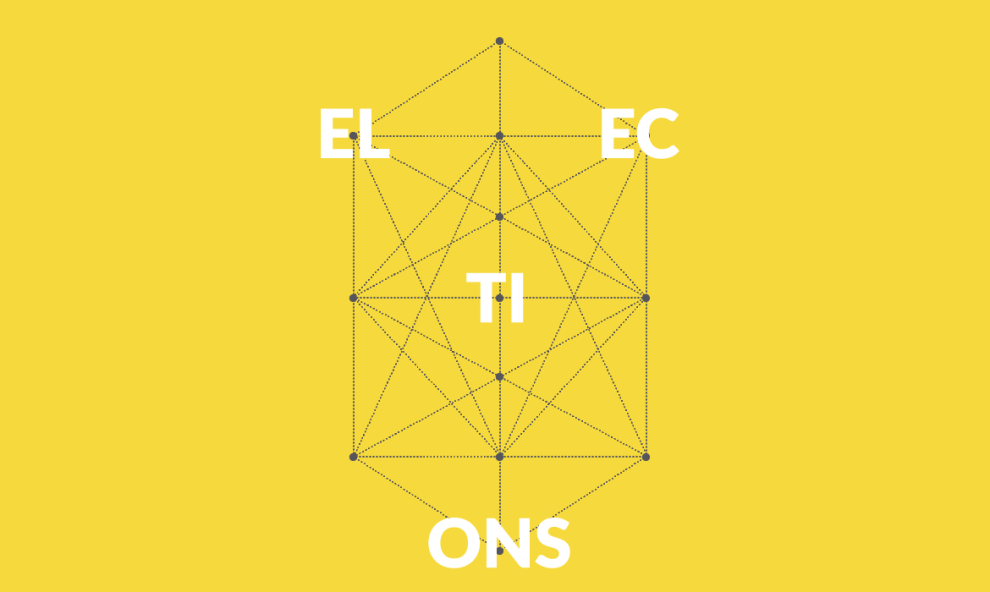Stalin once said that people who place their vote in the ballot box do not decide anything. According to the Soviet dictator, the true decision makers are the ones who count the votes. The reconfiguration of the IFE (Federal Electoral Institute) in the mid-nineties sought to respond to a quasi-Stalinist reality: the hypothetical Mexican democracy conveyed no certainty to the contenders. With the integration of a citizen-led IFE, Mexican democracy began to flourish in the electoral arena. The IFE achieved what seemed impossible: win the confidence of the electorate. But Mexican democracy was not designed for the citizens.
In current Mexican politics, sovereignty lies with political parties. It is there where the current wrongs we are now experiencing were first shaped. Electoral processes did not need repairs or adjustments because they were fulfilling their objective: the campaigns worked, the media abandoned the historical bias that characterized the system for decades (indeed, the election of 2006 was the most equitable of our history), and vote counting was impeccable, as shown by all the assessments done after the election that year. Regardless, in 2007 the parties launched an electoral reform aimed at controlling the IFE, punish the media and regulate even the most modest procedures in electoral matters.
The 2007 reform would have made Stalin proud. The IFE’s autonomy was left astray, while public debate, electoral propaganda and the freedom to express opinions regarding the election would also be severely restricted. The IFE went from being an independent arbitrator to become a mere audit tool. Now, the IFE’s concerns are no longer centered on the fairness of the election but on the content of the political messages, the duration of spots and the imposition of fines and censorship to a growing number of political actors. In fact in another Stalinist outburst, anybody can now be prosecuted for electoral crimes. Many party leaders themselves have begun to worry about the Frankenstein they had created.
In fact, we are only reaping what was sown. The problem is that those who seeded were planning to regain control of the electoral process and maintain limited access to power, i.e., reduce the freedom of both the IFE and the public. And that is the underlying issue: in Mexican democracy the citizen is nothing more than a mere spectator. Instead of being the heart and raison d’être of politics and elections, its role is to legitimize the outcome, not to use the vote as an instrument, influence the way legislators act or decide who their representatives should be.
Seen from another perspective, the successive electoral reforms may have been inadequate, misleading or awkward, but they were attempts to respond to a complex reality: the old presidential system was dying and Mexico was in urgent need of institutions capable of replacing its functions. A strong presidency made it possible to compensate the onslaught of special interests (including what is now, in the post-presidential system, known as “de facto powers”) and kept at bay various potentially risky players (from guerrillas to drug traffickers). With this I don’t mean to suggest that the presidential chair of that time was infallible, benign or just. But in retrospect it seems clear that the inherent strength that accompanied it served as a counterweight to the institutional weakness that was really behind the appearance of strength vis-à-vis the rest of political actors.
In the absence of that old presidency, the country has to start shaping new institutional mechanisms to restore control over criminal organizations, counter the excesses of governors and make everyday politics viable. In short, Mexico’s real vulnerability lies in the fact that the institutions we have are inadequate to the deal with the formidable challenges they face and too weak to enable effective governance. The PRI dreams to return to the presidency but aside from having better skills for political leadership (no small feat), they could only reconstitute the old centralized system of control that they long for through a set of fundamental institutional reforms. In other words, it is not an issue of an individual’s ability.
This is the main issue: gaining control of the IFE is part of a process designed to recentralize power. It is an attempt to go about building the scaffolding of a strong government capable of decisive action. Along these lines, surely some initiatives consistent with this objective will be seen in the coming months and years. What is not obvious is the feasibility of the re-centralization of power.
The electoral reforms that led to the establishment of an autonomous IFE in the 1990s were not the product of the goodness of the PRI’s political system or the generosity of a president, but more or less ambitious responses to a tangible reality. Specifically, the then opposition parties had managed not only discredit the PRI and its presidents, but jeopardize the government in every election. The electoral issue is just one example of the gaps, increasingly more frequent, between the national reality and its institutions. Mexican society (citizens and interest groups) was challenging the PRI’s legitimacy; the pressures exercised by the governors were undermining presidential power; and local and regional conflicts made it increasingly more difficult to control the country.
The substantive point is that the old centralized structure cannot be reconstituted. Just as centralized power in the old Soviet Union was dismantled, the Mexican reality forced the dismantling of the old presidential power. Just like the political parties and the self-serving electoral reform that they passed, in Russia today one can see the restoration of centralized government, not as powerful as the old one, but certainly more than the one witnessed at the end of the Soviet era. Despite the apparent success in those latitudes, the members of the PRI and the PRD that dream with recreating the old system cannot ignore that Putin without oil is like Lopez Portillo in 1982.
Mexico requires institutions that safeguard the country and afford it functionality, not regulation and control mechanisms founded on a rear-view contraption of a not very glorious past. Above all, the country needs means for the citizens to actively work on mechanisms that limit the propensity to abuse that was at the core of the last electoral reform.
Mere spectators






Comments